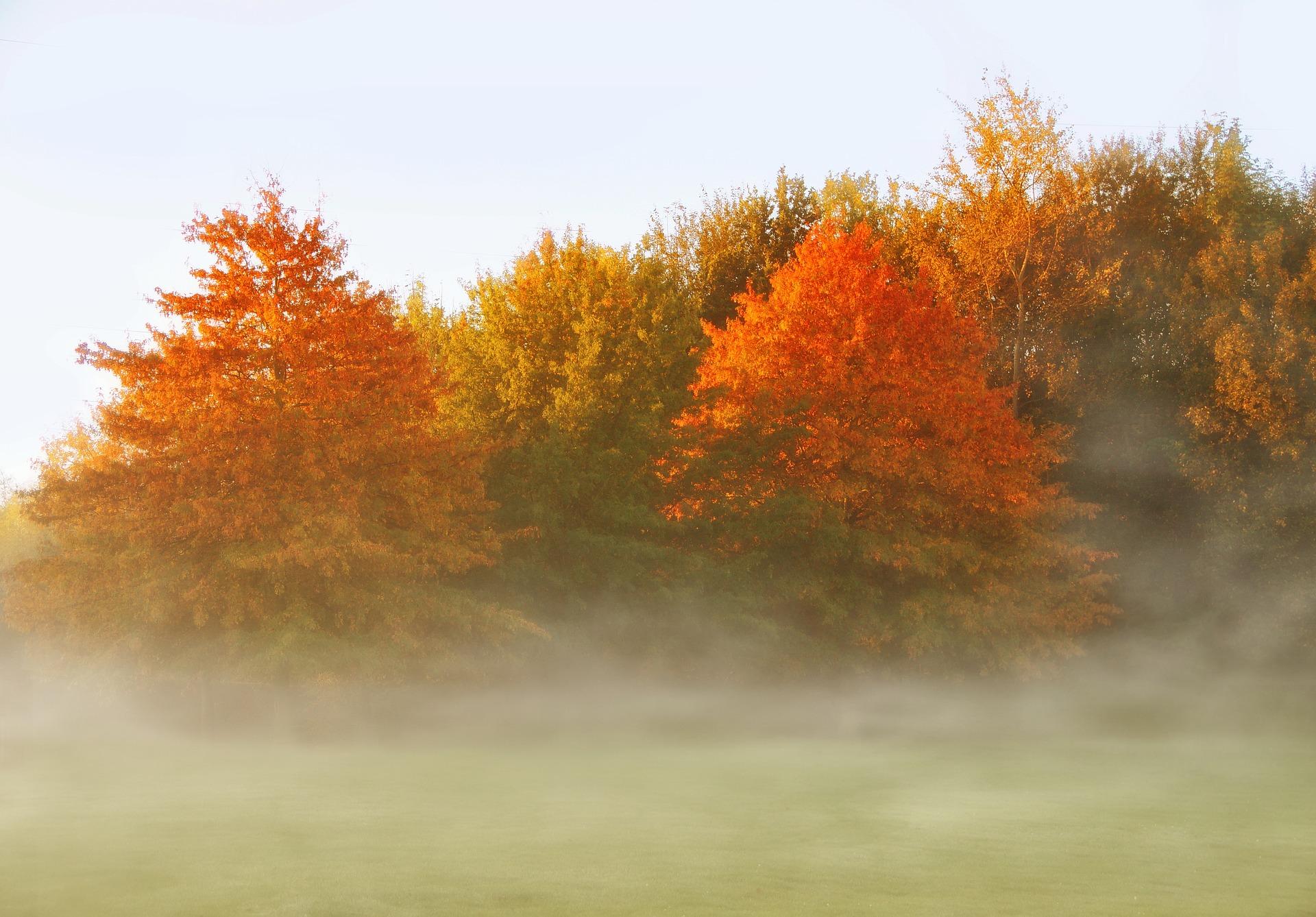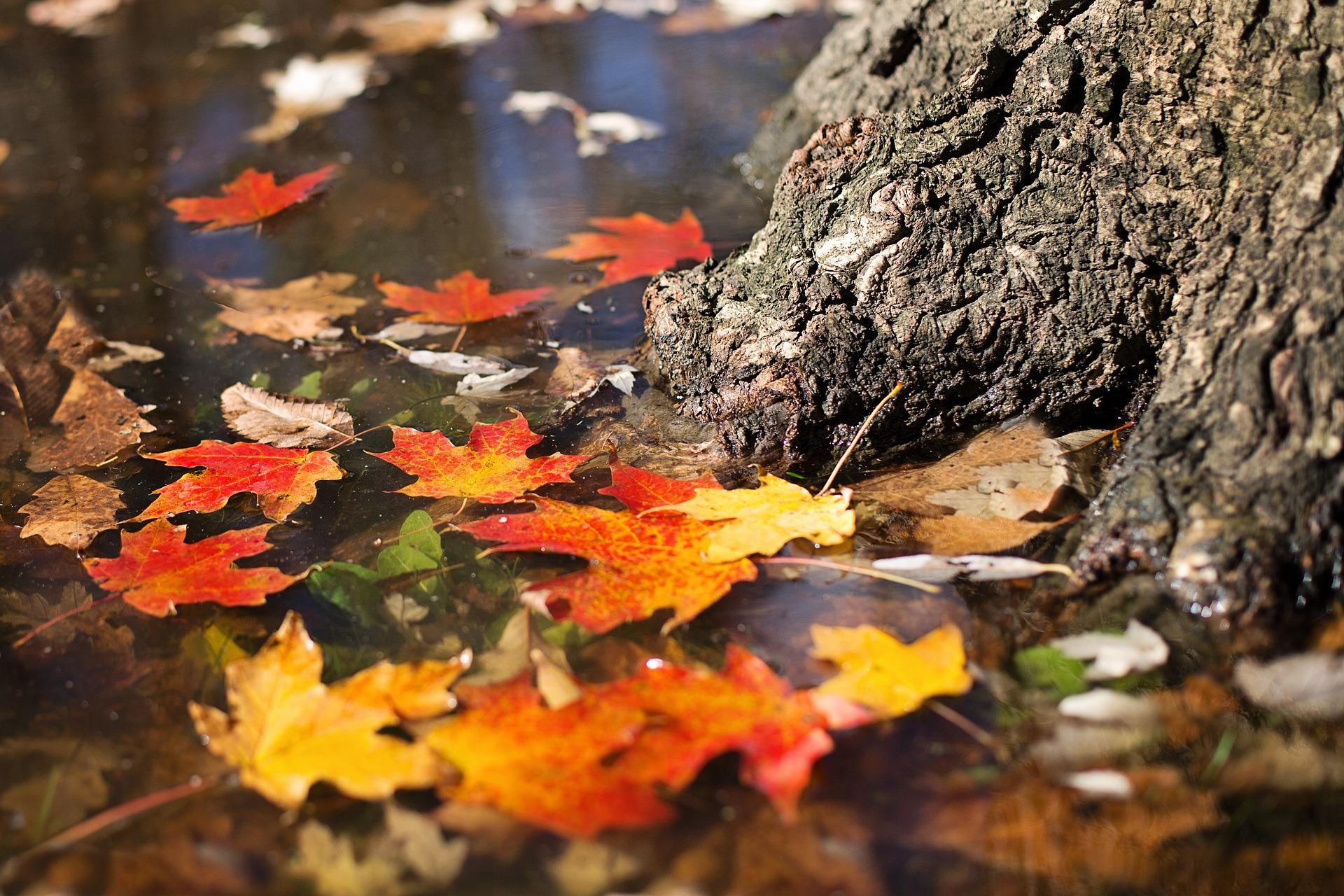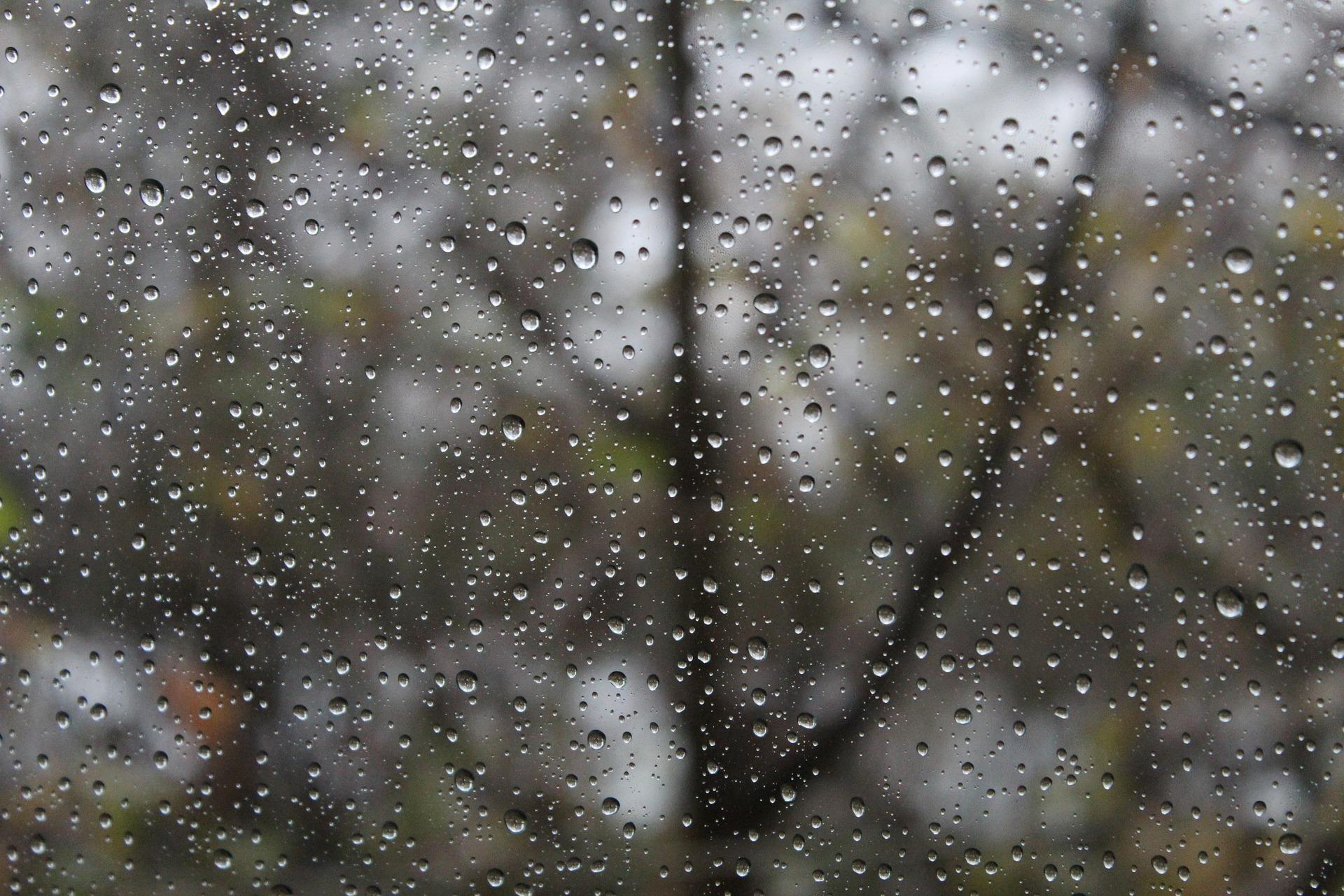
Tenses you may find useful
November is the month of reflection. That’s because of how it starts – 1.11 is called All Saint’s Day and is a common Polish tradition. Thus, in November we stop for a moment and reflect on our past. To talk about the past, Past Simple and Past Continuous will be helpful.
There are other tenses you may use to refer to the past, though. However, Past Simple and Past Continuous are the most common ones and are introduced as first past tenses while you learn them at school.

Past Simple
Past Simple is used to describe actions that happened in a specific moment in the past. The actions that we talk about are completed. We use Present Simple to describe our childhood, our habits from the past and past events, e.g. A concert we went to last summer. Speaking of the word ‘last’, there are some time expressions that trigger Past Simple. Those ones are as follows (chosen examples only):
- yesterday
- Last (e.g. Thursday/month)
- (some time/two days) ago
- In 1957/2006
- When I was a child/we were young

Irregularities
Past Simple, in statements, is constructed by adding -ed to the end of a verb, or requires the use of irregular verbs (so called second column of irregular verbs). As the most common examples of irregulars we may point: go – went, eat – ate, be – was/were, buy – bought, tell – told and write – wrote).
It may seem like a lot to remember but once you learn them by heart, you’ll know them forever. That is due to the fact that Past Simple is commonly used – so are the irregular verbs.
In questions we use an operator ‘did’ at the beginning and a verb does not get the -ed or any irregular form then. Negatives are formed with didn’t/did not.
Examples of Past Simple
How many Past Simple references can you find?
I had a wonderful day yesterday. As always, I got up at 7, I brushed my teeth and had my favourite breakfast – baked porridge. Then, I did some English exercises and started work. In the evening I met with my friends and we had fun in the city. I went back home before midnight and went straight to bed. How was your day? Did you do anything special?

Past Continuous
Past Continuous, just like his Present equivalent, emphasises duration of an action. We use this tense to indicate that one particular activity took some time to be completed. However, in some cases we don’t even specify if the action was completed – it simply took our time. Sometimes one action can be expressed both with Past Simple and Past Continuous – it’s up to us what tense we use. But, keep in mind that the meaning may differ then.
See:
I was reading a book all yesterday’s evening. – We don’t know if the book is read.
I read a book yesterday. – We understand it like “I finished reading the book, I should find myself a new one”.
Past Continuous – form
Past Continuous is formed with a past to be form (was/were) and a verb with -ing ending. What’s important – the structure is the same for questions and exclamative sentences as well.
See:
I am tired because I was working all day yesterday. I was training some new employees in our company, then I was searching for my keys I couldn’t find them. Finally, I was sitting in my boss’s office to describe him progress the new employees made. What a crazy day! And you? What were you doing?

Combined together
There’s a common way of combining Past Simple and Past Continuous in one sentence. The Continuous one describes a long activity, one that is usually interrupted by another one, that is accordingly expressed with Past Simple.
See:
When I was washing the dishes (long activity), one glass slipped from my hands and broke on the kitchen floor (short activity).
When you translate the sentence to Polish, you’ll see the difference in how the verbs sound. Thus, we can say we have our own Past Simple and Continuous forms in Polish.
Do you find those tenses difficult to master? Are they useful in your opinion? I hope this article was helpful and you have learned something new or refreshed your knowledge.